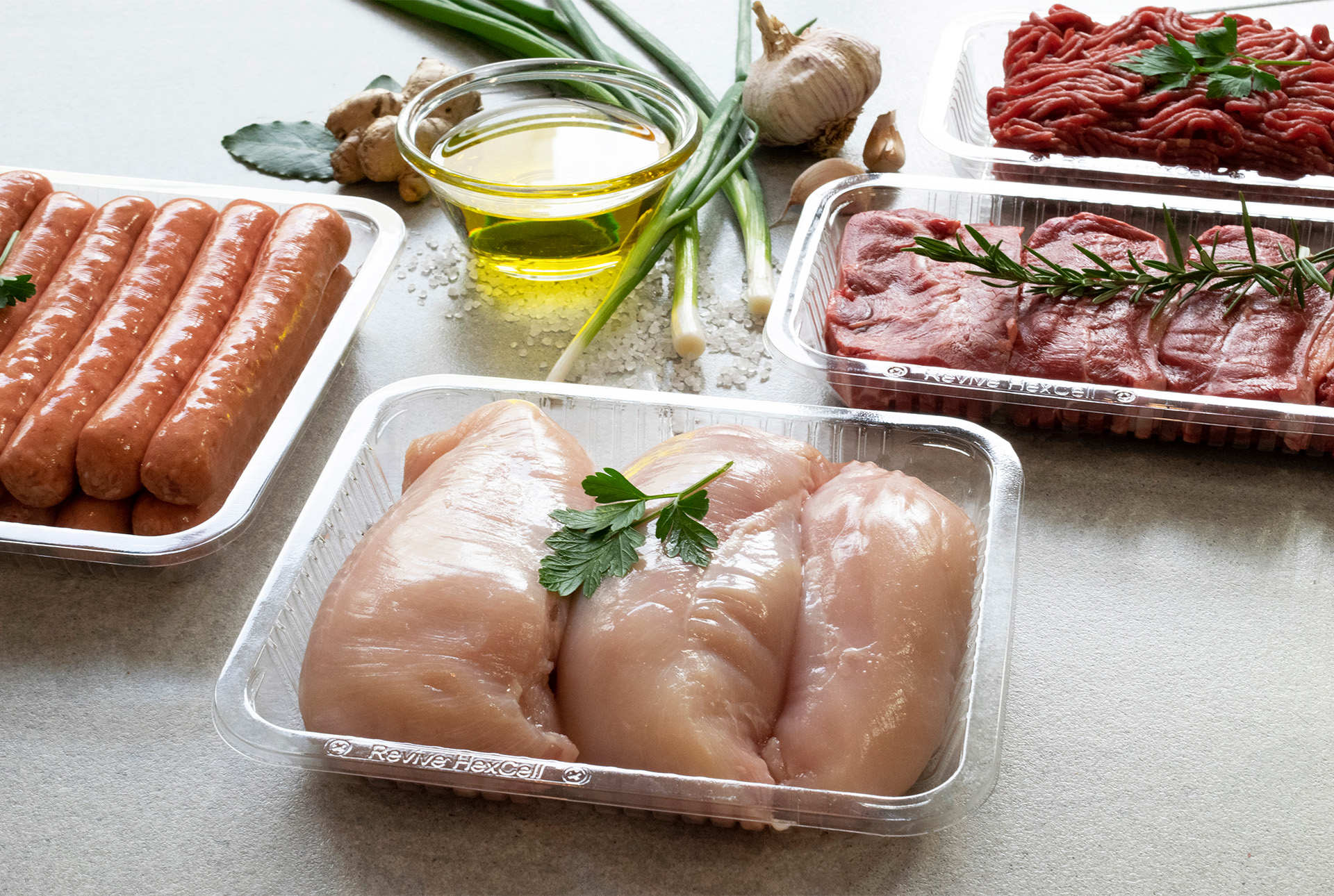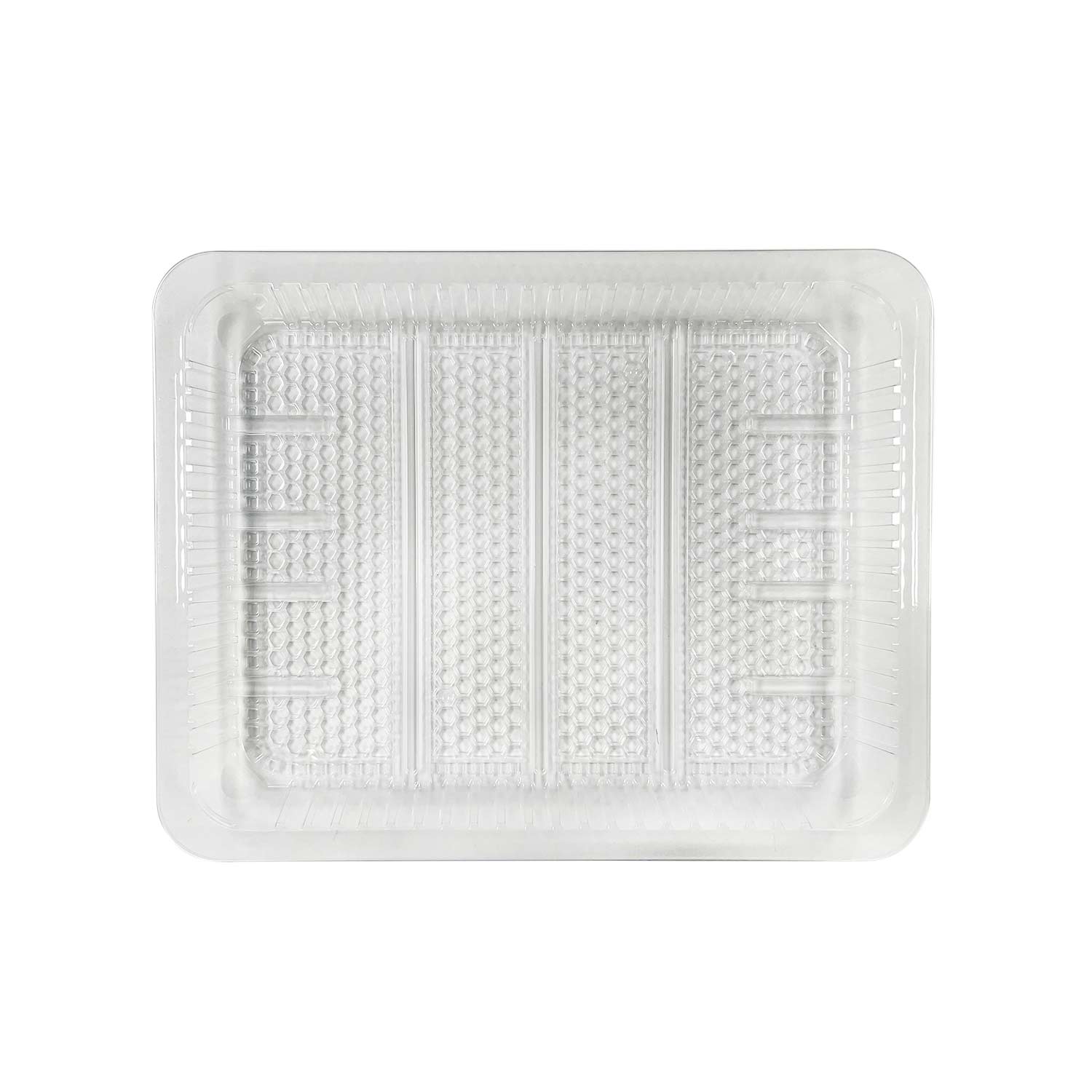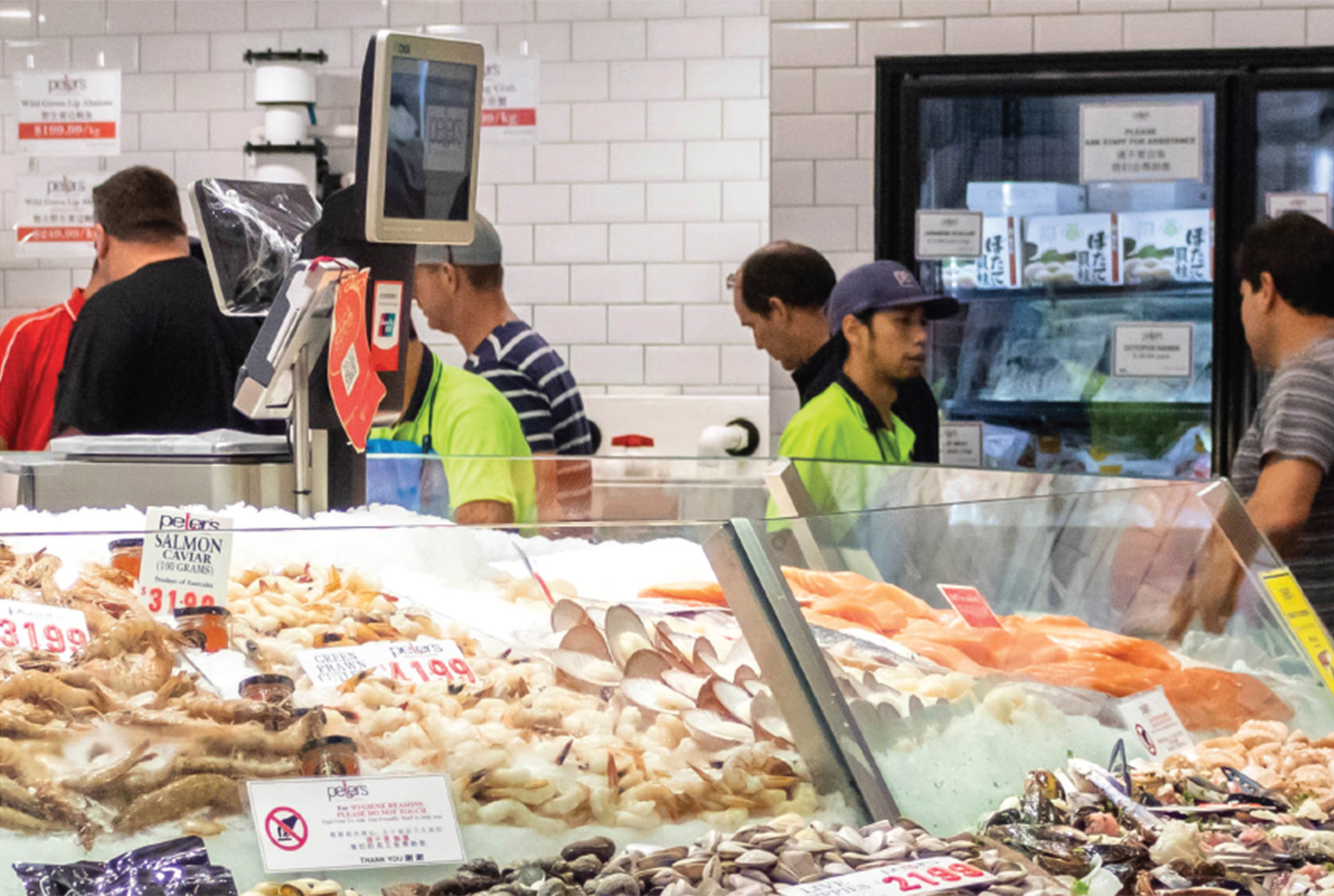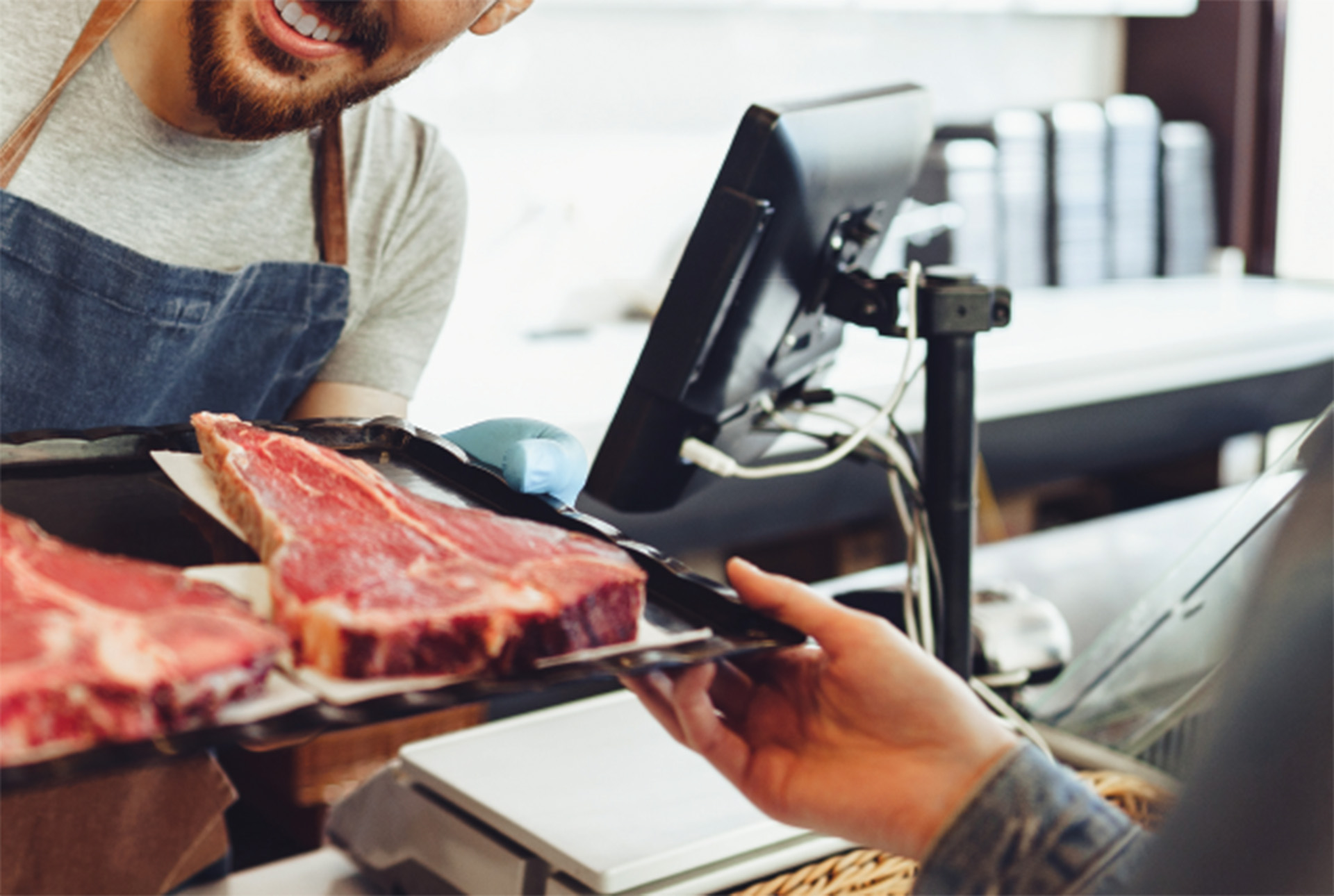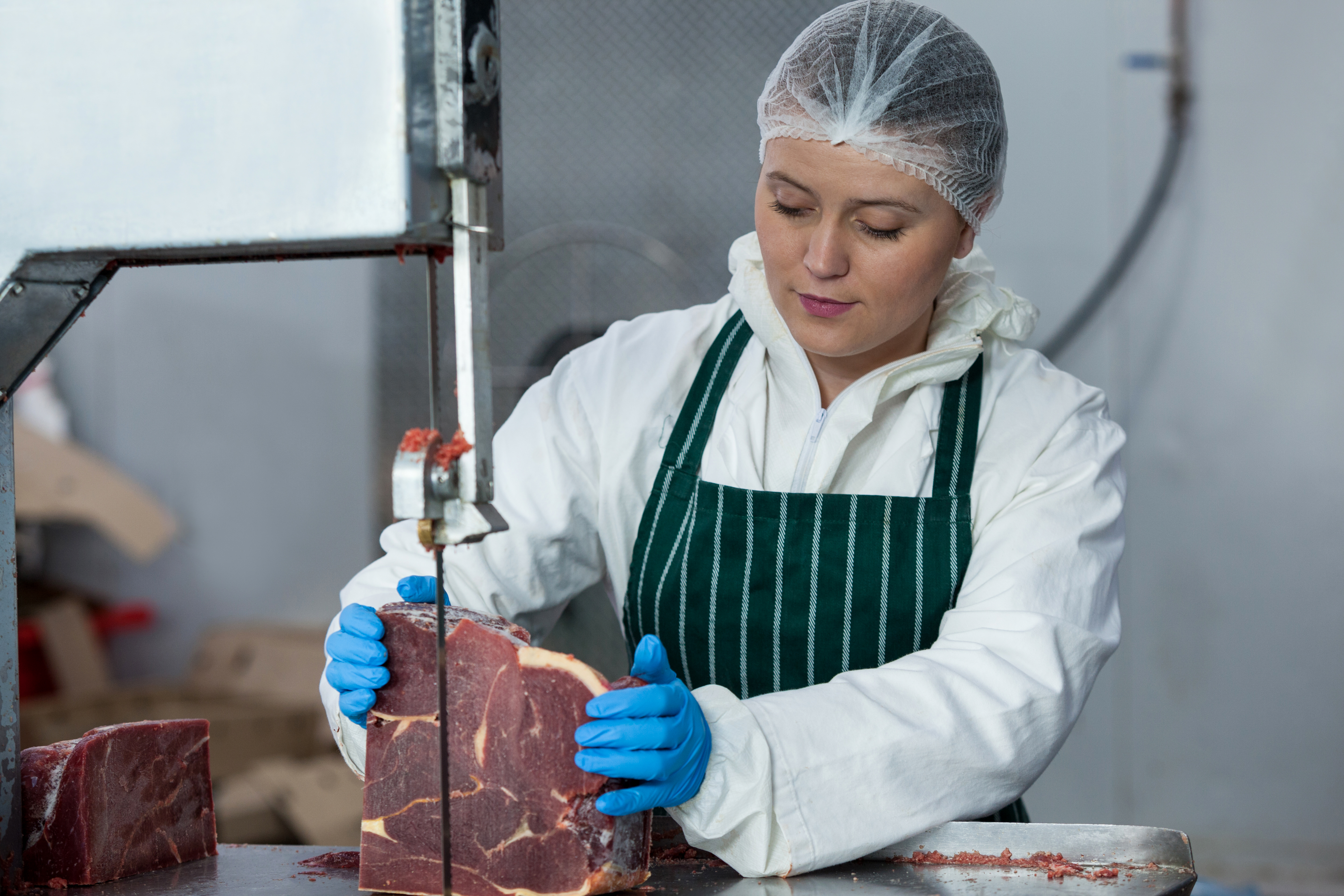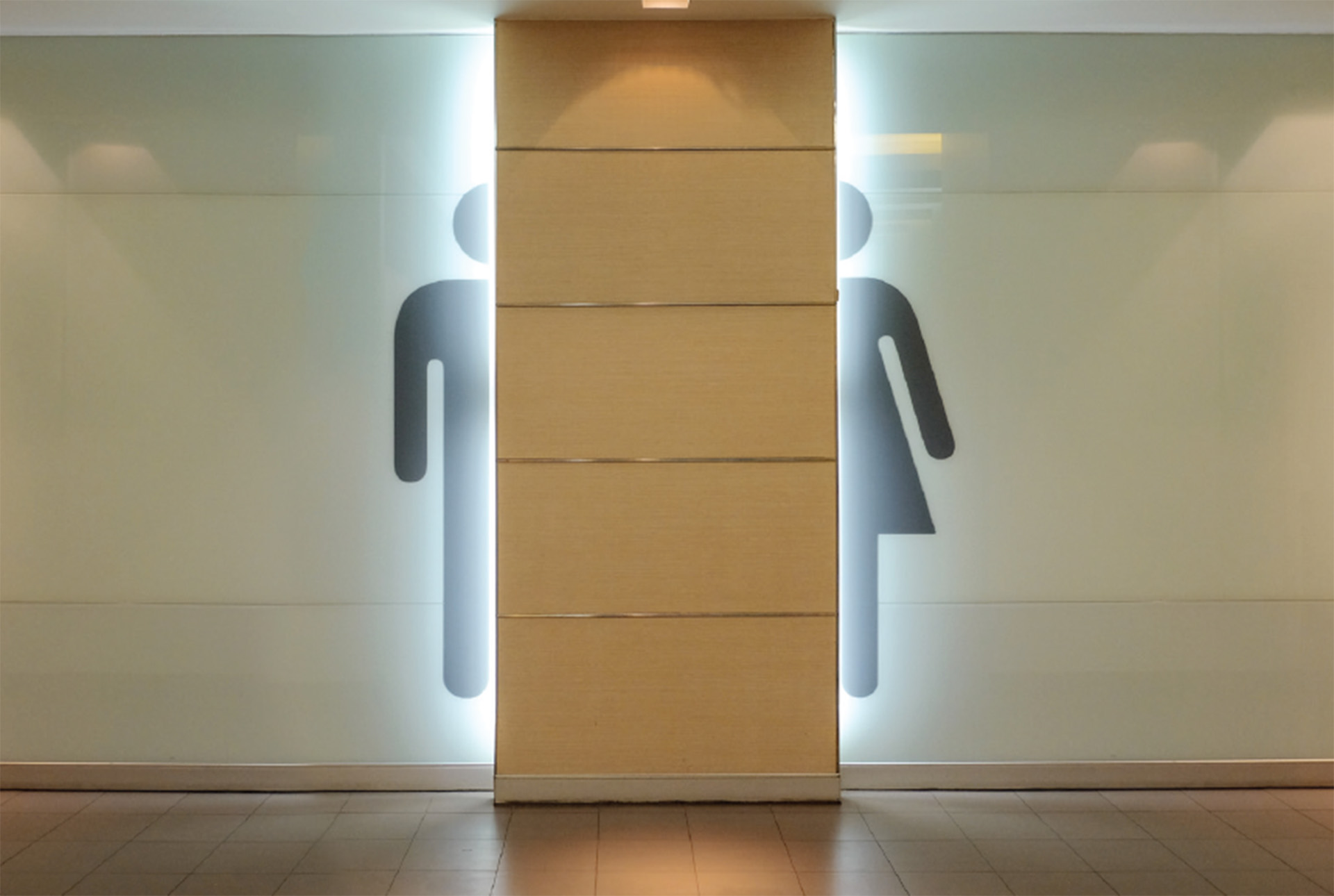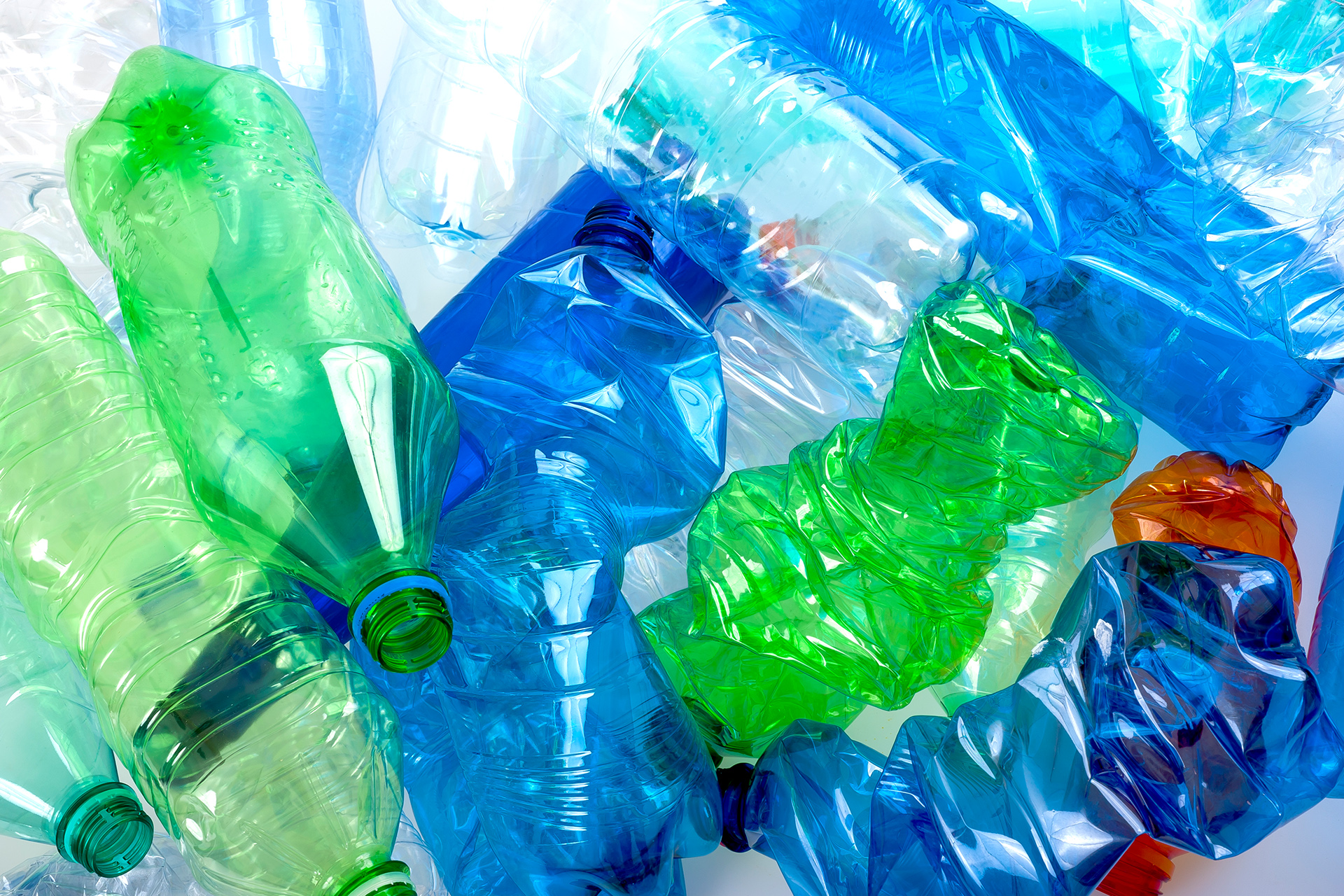For businesses today, sustainability is no longer optional; it’s a competitive and value-providing necessity for organisations across Australia and New Zealand. With the shift away from single-use materials and more of a focus on start-of-life and end-of-life cycles for the materials that we use, one such material has risen to the challenge.
Recycled polyethylene terephthalate (rPET) is made from post-consumer and post-industrial waste, such as used plastic bottles and packaging, that have been collected, cleaned and sorted before being made into new products. Unlike virgin plastics made from petroleum such as polypropylene (PP) or polyvinyl chloride (PVC), rPET is part of the circular economy and helps reduce the amount of new plastic entering our waste streams, while also reducing our reliance on finite fossil fuels. rPET is food contact-safe, durable and 100% recyclable making it a smarter alternative for products such as cold cups, food-grade containers, reusable packaging, reusable shopping bags, and storage products.
Businesses play a critical role in closing the loop by designing products for reuse, re-consumption, and recyclability, investing in recovery systems, and supporting markets for recycled materials. For businesses in the food, catering, restaurant, and hospitality sectors in particular, industry bodies like the Australian Packaging Covenant Organisation (APCO) encourage businesses to integrate rPET into their operations. By doing so, companies not only contribute to reducing the amount of single-use plastic waste heading to landfills, but also strengthen their brand reputation by investing in more sustainable practices, future-proofing their operations to changing legislation, and ensuring a sustainable supply chain that supports a better future.
The swap to rPET has been vital for reducing environmental impact, and offering safe, reusable, and recyclable solutions for packaging and storage while meeting growing consumer demand for sustainable practices.

